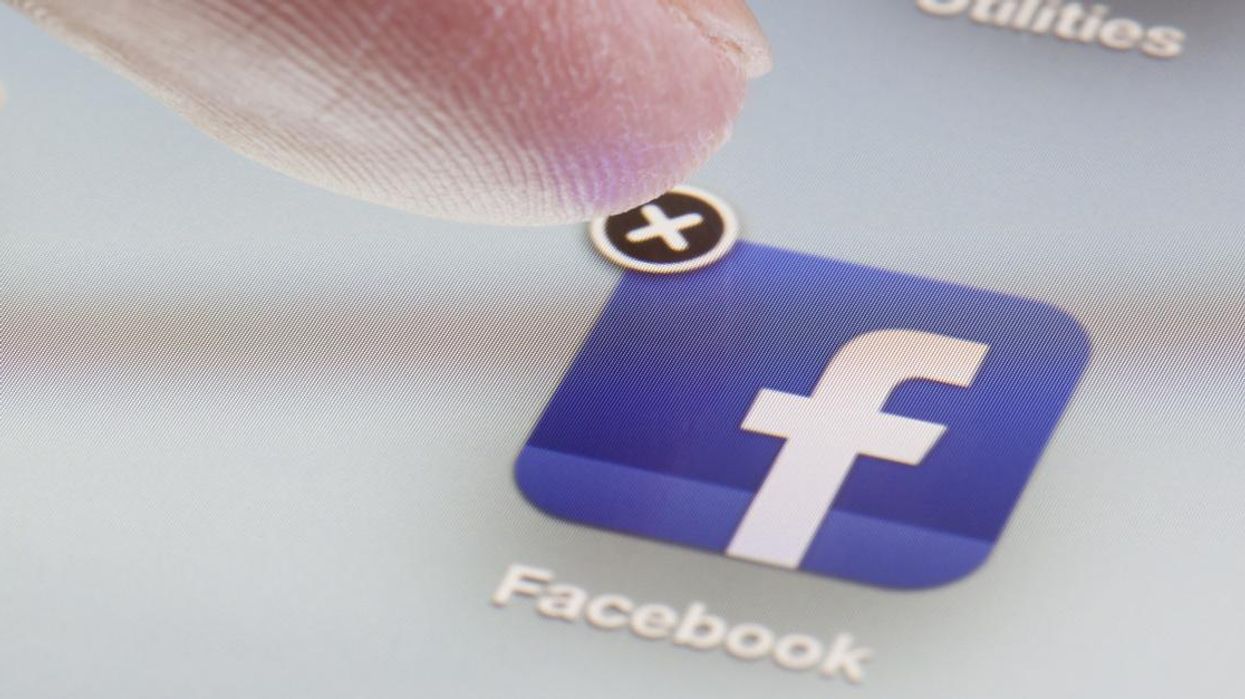Science & Tech

Picture:
iStock/Getty Images
We’ve heard a lot in recent months about the dark side of social media: excessive use to the point of addiction, lack of privacy, and data capture without informed consent. But in all of this melee, now is the time to remember that the way we use social medial is up to us.
In other words, it may be convenient to believe that social media applications are thrust upon us and we don’t have much choice in the matter – but that is not entirely true.
It is time we remembered why we use these applications in the first place – to enrich our relationships – and not to have them take over our lives in a dysfunctional way. So, here are some tips for taking back control
1. Be selective in your responses.
Research shows that social overload – where your friends frequently ask you for advice on things such as restaurants in a new city, prom dresses for their kids, birthday cake recipes (pretty much anything really) – is stressful. Be selective about the posts you respond to. If a friend is posting 100 times a day you don’t have to respond to all or any of them. Trust me, they won’t mind, because anyone who is doing that amount of posting is not keeping tabs on who is responding anyway.
2. Stop worrying about missing out.
You have no control over what gets displayed on your screen and when. The social media provider decides that. Which means you have no control over what you don’t see either. Checking frequently is not going to change that – of all of the thousands of things your friends post, you have no idea what you will see and what you won’t – so FOMO (fear of missing out) is pointless. There will always be things you’ll miss no matter how frequently you check.
3. Don’t let it be a distraction.
Don’t let interruptions in the form of social media updates distract you. Though this can be easier said than done – because updates can happen anytime, while you are working, playing with your kids or, worse, driving. The dangers of such interruptions are well known – reduced attention, productivity and effectiveness at tasks. So make a choice, either don’t let the notifications disrupt you or if you can’t do that, turn them off.
4. Don’t be fooled.
Don’t take everything you see on social media at face value. Research shows that people might experience all sorts of negative emotions – envy, worry, depression – when they see friends post pictures of where they’ve travelled, new houses they’ve bought and how well their children are doing. But it’s important to understand that posts can be misleading because they present only partial views of other peoples’ lives. Don’t compare your “behind-the-scenes” with everyone else’s “highlight reel”.
5. Set limits.
Set time limits for how long you’ll spend on your laptop, tablet or phone – even if you are doing other things on that device and are not using social media. While working on these devices, it is natural to take a break, but if you don’t actually step away physically, then your break might consist of browsing social media and getting stuck in an endless cycle between work and social media.
Discipline yourself to get up every time you hit your limit, walk around, stretch, talk to someone, go into another room to see what the kids are doing, go to the office water cooler to get a drink – anything. This not only gives you a break from whatever you were doing to replenish your energy, it also prevents you from looking at your social media applications as the predominant alternative to work-related tasks.
6. Remember reality.
Finally, actively seek ways to interact with your friends away from social media – meet up in person or call them. Social media is fine for sharing pictures and brief updates, but when you want to share the really important things in your life with those you care about, there is hardly a substitute for hearing their voice or looking into their eyes.
Human empathy – the kind that forms the bulwark of a meaningful social life – is very hard to convey through mass posts and text-based responses. A lot is lost between you and your friends when social media is the primary or only means of communication. Going for a walk or a run, having a meal, watching a movie, talking about your job and your kids, seeking support in difficult life situations – all of these things (and more) are what make your friendships warm and alive and real.
Monideepa Tarafdar, Professor of Information Technology, Lancaster University
This article was originally published on The Conversation. Read the original article.
Top 100
The Conversation (0)













